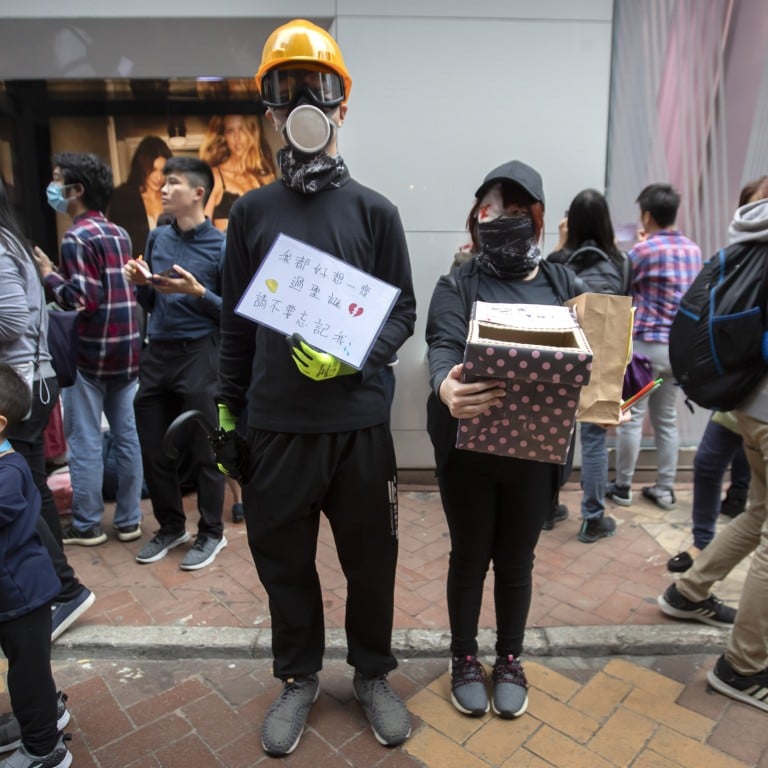
2019 protests, national security law: Hong Kong young offenders deserve a second chance
- Those who have served their jail time have paid a heavy price and we must all move forward, however painful
- The government can lead by offering civil service jobs, dispelling fears that employing them would be unpatriotic
Numerous factors can contribute to young people making bad choices and engaging in activities that breach society’s norms, ethical standards or, in more severe cases, the law.
In Hong Kong’s case, some residents think that young people who have grown up in such a safe and cosseted environment may lack the worldly experience, critical thinking, analytical skills and emotional intelligence to truly understand the consequences of their poor decision-making or accountability in the eyes of the law.
They may make impulsive choices without fully considering the potential adverse outcomes. They are often heavily influenced by their peers and feel forced to conform to group norms or participate in activities they otherwise wouldn’t consider.
In the past, they may have been motivated to participate in demonstrations or behave recklessly in response to perceived societal injustices or inequalities. When young people feel powerless, marginalised or unheard, they tend to express their discontent through aggressive action. Intense emotions such as anger, frustration or a sense of injustice can drive young people to engage in disruptive behaviour.
We all recognise that the motivations behind young people’s actions are complex and multifaceted. Understanding their concerns and providing constructive channels for them to express their opinions help steer them towards a more positive social engagement and avoid conflict. We all have a role to play here.
The pandemic has had a massive impact on the ability of the judicial system to deal with cases on time. Some six months after Hong Kong’s return to normal, the courts are still trying to resolve the backlog of cases, which is not ideal.
Correctional services officers aim to ensure a safe, humane and healthy custodial environment, and they collaborate with rehabilitation organisations, community groups and non-governmental organisations to address the unique needs of individuals in custody.
Programmes available to young offenders encompass vocational training, education, counselling and more. The department works with employers, vocational training institutions and job placement agencies to help individuals find employment on their release.
Recognising the importance of stable housing and social support in successful reintegration, they collaborate with housing agencies, social welfare organisations and community support groups. To provide support and monitor progress in post-release life, they maintain communication with individuals after their release, offering services involving partnerships with probation and parole services, counselling agencies and support groups.
Obtaining a vocational qualification or degree is the most valuable thing young offenders can do. It shows determination, perseverance and a desire to change and make amends.
A second chance for Hong Kong’s young protesters
Earlier in the year, eight universities funded by the University Grants Committee signed a memorandum of understanding with the Correctional Services Department to establish long-term partnerships to support the education of those in custody, some of whom were previously enrolled as students in these universities and had expressed a desire to continue their studies during their imprisonment.
We must remember that when an offender has completed the prison sentence, that should be the end of the matter, and everyone needs to move forward, however painful that may be. These young people have paid a heavy price and earned the right to a second chance.
In such circumstances, the government has an excellent opportunity to take the lead. While there are no barriers in place to prevent the recruitment of ex-offenders or those from other marginalised groups into the civil service, a proactive approach will demonstrate the government’s trust in the rehabilitation process and help dispel the stigma and fear among many employers in the private sector of potentially being labelled unpatriotic, and ultimately heal rifts within the community.
Bernard Chan is a Hong Kong businessman and a former Executive Council convenor


